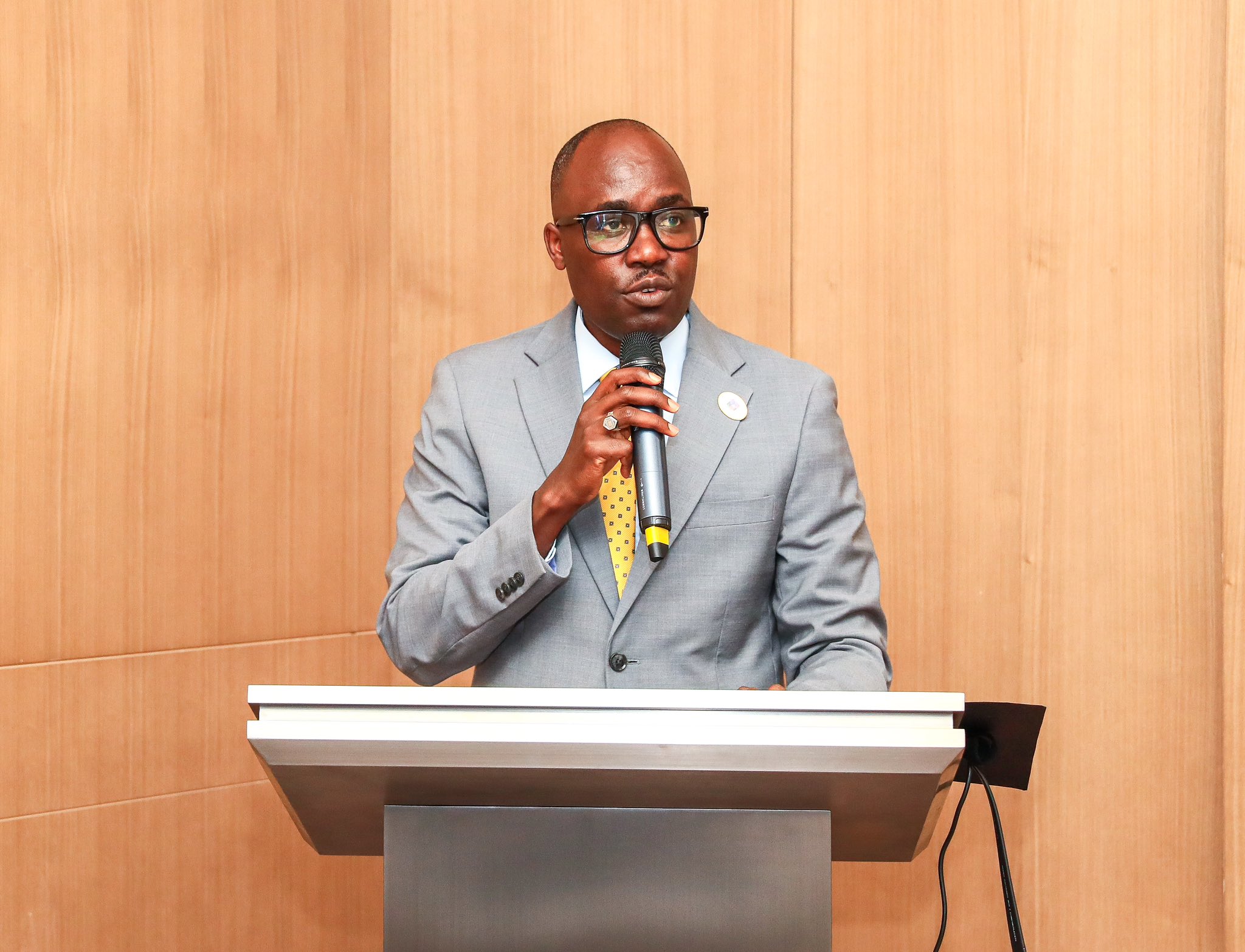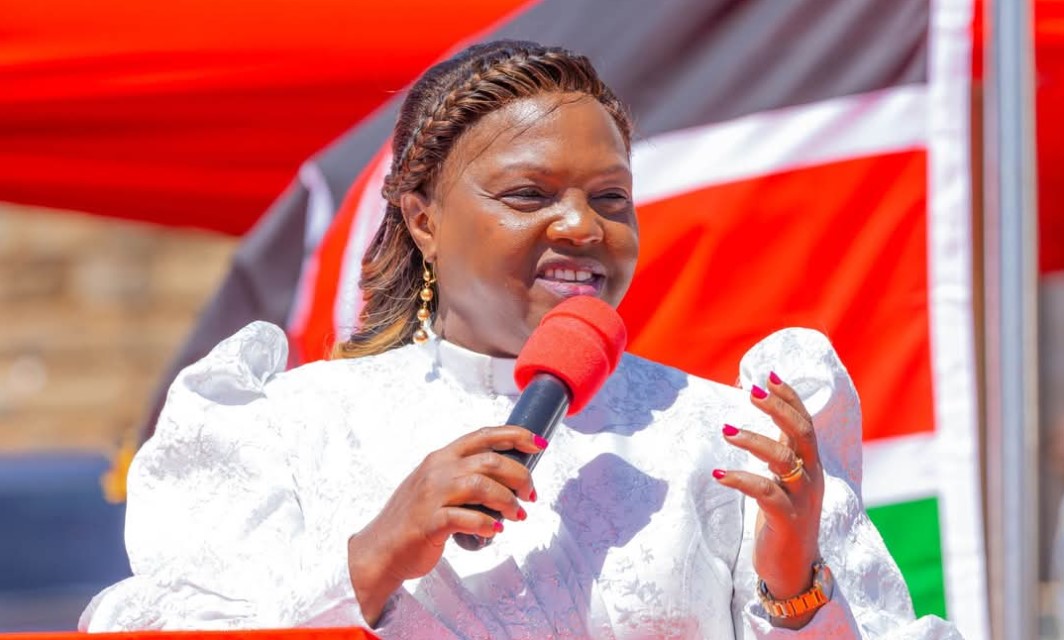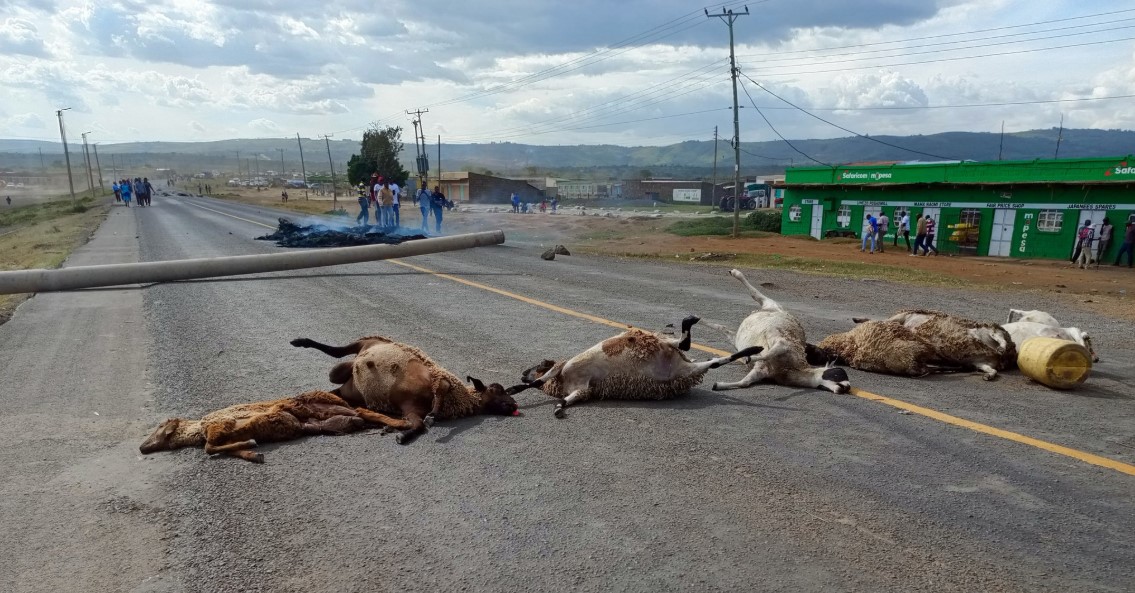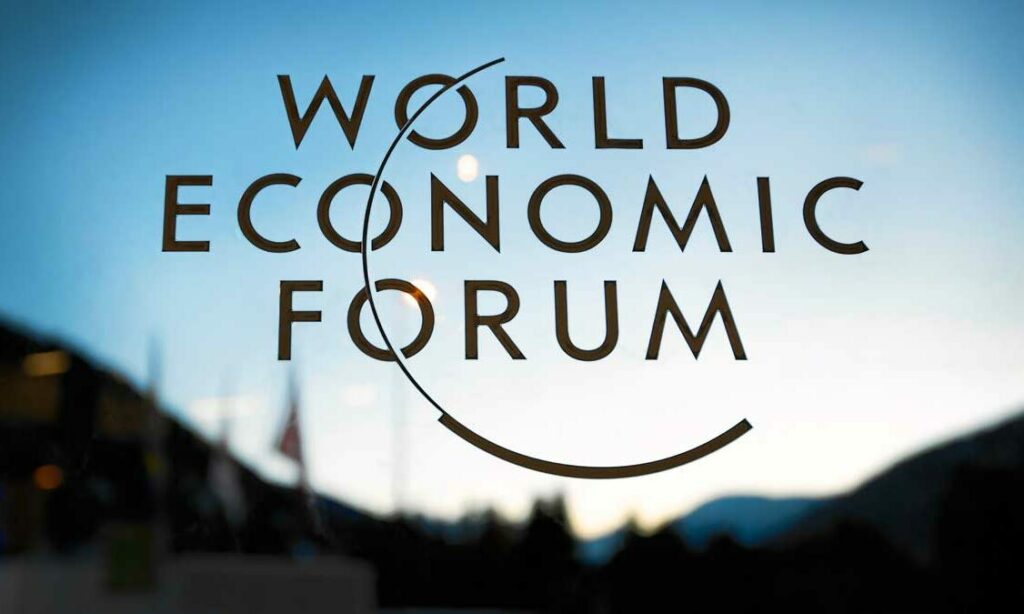KRA slashes procurement budget by over 20 per cent due to funding cuts from National Treasury

The recurrent procurement budget has also been trimmed by Sh527.7 million, from Sh6.2 billion to Sh5.6 billion.
The Kenya Revenue Authority (KRA) has announced a reduction in its procurement budget for the Financial Year 2024-2025, following a decrease in budgetary allocations from the National Treasury.
The tax body has slashed its spending by 20.6 percent, allocating Sh8.2 billion for capital, recurrent, and development purchases over the next 12 months, down from Sh10.3 billion in the previous year.
More To Read
- KRA schedules 8-hour shutdown of customs management system for maintenance
- Morara Kebaso speaks out amid KRA's probe into Sh27 million tax evasion claim
- KRA summons activist Morara Kebaso over alleged Sh186 million tax evasion
- Pensioners miss out on Sh34 billion payments due to Treasury delays, system downtime
The sharpest cuts were observed in the development procurement category, which saw a reduction of Sh1.8 billion, from Sh2.95 billion last year to Sh1.2 billion for the current period.
Additionally, KRA's capital procurement budget was reduced by Sh351.2 million, bringing it down to Sh48.5 million from Sh399.7 million in the previous year.
The recurrent procurement budget has also been trimmed by Sh527.7 million, from Sh6.2 billion to Sh5.6 billion.
Despite these cuts, donor-funded procurement saw a notable increase, rising by 85.7 per cent to Sh1.3 billion, up from Sh742.4 million last year.
Meanwhile, the allocation for the government's Buy Kenya, Build Kenya (BKBK) initiative has been raised to Sh3.3 billion, up from Sh2.7 billion, while the budget for the Access to Government Procurement Opportunities (AGPO) programme, which targets youth and women, has grown to Sh510.9 million from Sh232.6 million.
The reduction in KRA's procurement budget comes amid a continuing decline in the agency's overall funding from the government.
For the current financial year, KRA's allocation has dropped to Sh22.33 billion from Sh23.7 billion last year, which was itself a decrease from Sh26.3 billion in the year before.
KRA has been advocating for an increase in its budget allocation, with plans to push for a doubling of its share of government revenues to at least two per cent each year.
This move is part of the agency's strategy to improve its capacity and enhance revenue collection efforts.
Speaking at last year's National Taxpayers' Day celebrations, former KRA Chairman Anthony Mwaura noted the impact of the underfunding on the agency's operations.
"Our staff are even buying their tissue paper and the printing papers... Our staff are not even able to access medical services," Mwaura said.
In its 9th corporate plan, KRA outlined various strategies to address resource mobilisation, with negotiations for increased funding from the National Treasury being a key priority over the next five years.
Top Stories Today
















